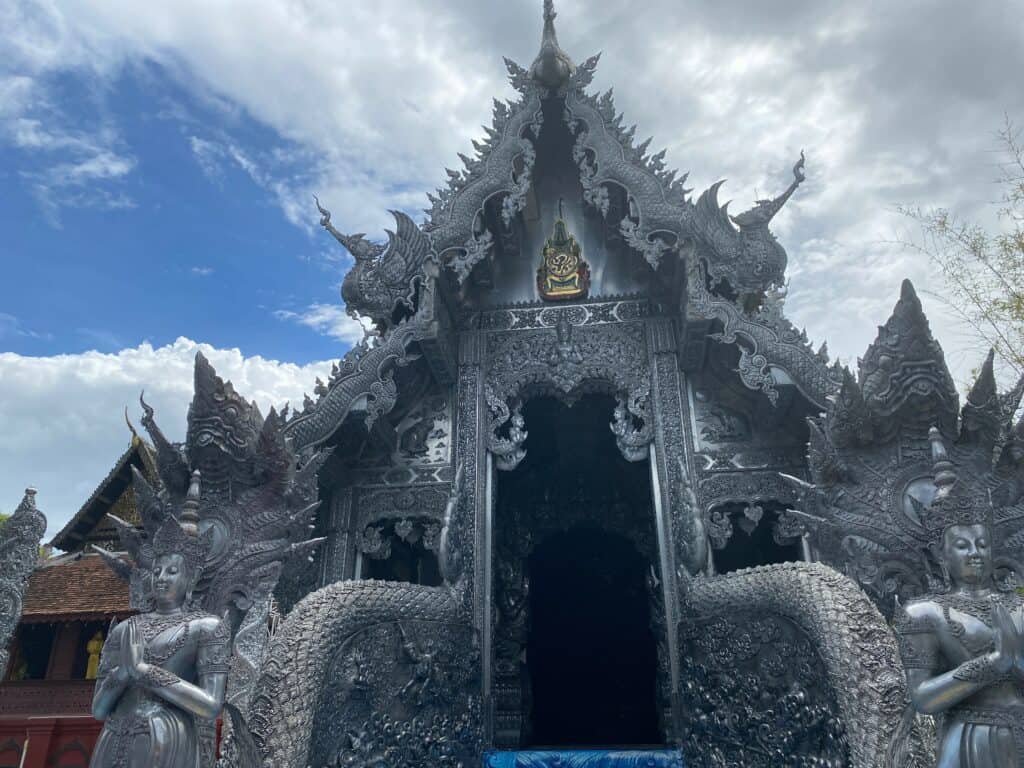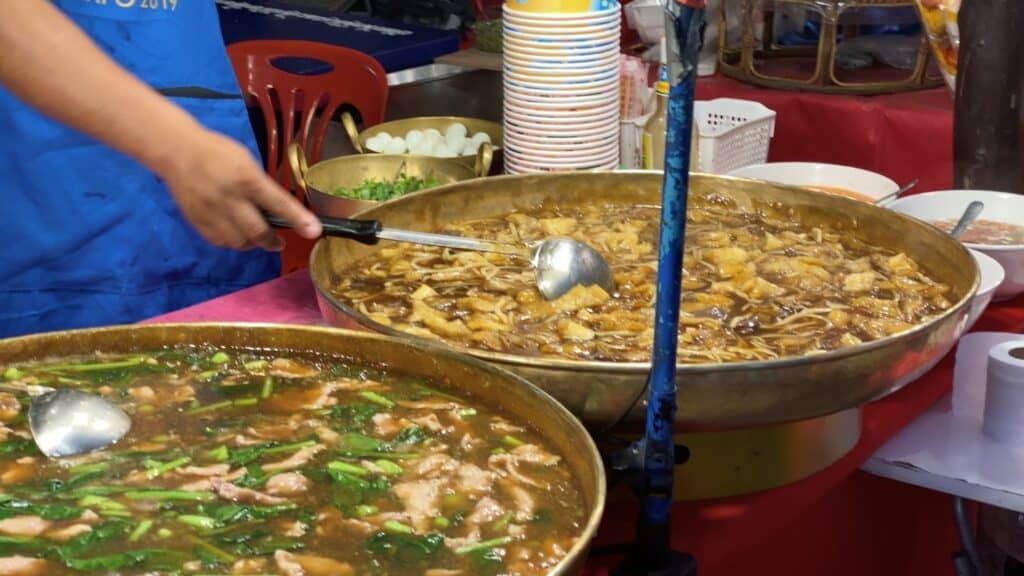
I’m a 65-year-old Canadian teacher and journalist. I’ve chosen Thailand as my retirement home and here’s an introduction to retirement in Thailand. I started teaching abroad after I turned 50 and have since lived and worked in several countries.
While I was moving around enjoying the international teaching lifestyle, I was also scouring the world for a place to settle in and call home once I retired.
What Retirement Means for Me
For me, retirement from teaching would mean a switch to part time freelance travel journalism. I wanted a home located in a part of the world with easy access to an international airport, a low cost of living, good weather and an enticing enough location that I could offer it for home exchanges so that I could continue to live in other countries for parts of the year.
Other considerations included a solid healthcare system (preferably one with an active medical tourism industry) and a reasonably simple visa process.
I thought about Mexico, Costa Rica, India, Vietnam, Malaysia, Thailand and Bali. In the end, it was Chiang Mai, Thailand that finally ticked all the boxes for me.
I’ve always loved Thailand and over the years was drawn there again and again as a visitor. Bangkok is an exciting city to visit, but it’s too busy for me to call home. Thai Islands and beaches are wonderful, but I didn’t want to live a life surrounded by tourists and backpackers – I preferred to live in a community where expats could live comfortably with Thai neighbors.

Chiang Mai is in Northern Thailand. It’s surrounded by mountains, and the Ping River runs through the heart of the city. There is a healthy tourism industry and a thriving expat population.
In 2017 I finished up a teaching contract in Malaysia and moved to Thailand. At that time, I was planning on retirement, although I would later continue to work on some short-term contracts in Oman, Angola, Malawi and currently in Sudan.
My initial goal was to find a condo to rent in Chiang Mai and get a retirement visa. Within a few days of arriving in Thailand, I found a rental condo that I really liked and a visa agent who helped me through the process of getting a retirement visa.
Thailand Retirement Visas
In order to get a retirement visa in Thailand you need to be over 50 years of age and prove that you have approximately $24,000 USD in either a Thai bank account or in your home country, depending on where you apply for your visa.
You can apply for the visa at a Thai embassy in your own country, or you can come into Thailand on a tourist visa and apply from within the country. I chose the latter and it turned out to be a really simple process.
If you’re not familiar with Thailand, applying for your retirement visa within Thailand is a risk-free approach to making an informed decision about whether the country is right for you. If you feel you want to settle there, an agent can help you open a bank account and acquire a retirement visa without leaving the country if you meet the conditions set out by the Thai Government.
Finding a Place to Live
Within five months, I was so happy with life in Chiang Mai that I bought and renovated a studio condo in an old Thai neighborhood on the banks of the Ping River. The building has a nicely balanced mix of Thai and expat residents and a lovely pool overlooking the river.
The cost of the condo was around $45,000 (USD) with another $20,000 to renovate and furnish. If you’re not interested in buying, there are nearly limitless inexpensive possibilities in the rental market in pretty much any part of Thailand that expats tend to live – from high rise condos to detached houses.
I’ve since decided that I wasn’t quite ready for retirement and have continued to teach abroad, currently in Khartoum, Sudan. It’s been great having the condo in Thailand to call home – it was a great bolt hole when Covid hit and my school closed. I keep renewing my retirement visa to simplify school vacations and will be finalizing my teaching career in June, 2022.
Expat Lifestyle in Thailand
There are several questions that I get asked frequently about retirement life in Thailand. One of them is whether I face difficulties with the language. I don’t speak Thai. I’m trying to learn using an app and practicing with Thai speakers when I get the opportunity.
In Chiang Mai, many local people speak some English and are friendly and willing to try to speak with you. They like to practice speaking English and are patient and kind with foreigners who attempt to speak their language. And, of course, there is always Google Translate if I need it.
People also ask me about health insurance and medical care in Thailand. Thailand has world class hospitals and a thriving medical/dental tourism industry. You need to get your own health insurance, but medical costs are very low by western standards. Insurance costs will vary depending on your individual circumstances. A quick Google search for expat health insurance will help you find a quote.
Utilities and local food costs are also low compared to western countries. There are wonderful, busy markets in Thailand where you can buy a wide variety of meats, seafood and fresh produce at very affordable prices.
There are also gleaming western-style malls and modern supermarkets where you can find many brands that you might be missing from home. These products are much more expensive than local ingredients or prepared street food. It’s all about finding a balance between experimenting with local ingredients and sourcing familiar comfort food.

Most expats that I have met in Thailand agree that it is not difficult to find friends and a community in Thailand whether you are single or in a couple. Local people are friendly and there are expat groups that regularly host events for sharing information and socializing. Facebook is a great place to find these groups where you will also likely find individuals who share your interests.
Expats generally enjoy a wonderful lifestyle in Thailand. They love the relaxing warm climate, easy access to exotic and inexpensive travel in SE Asia, local people who welcome foreign residents, an ancient and fascinating culture and arguably some of the world’s best food.

No matter where I am in the world, I always breathe a sigh of happiness and relief when my plane touches down in Thailand.
Have you ever thought about retiring abroad? Which countries have you considered? Please leave a comment to let me know if you have any questions about retiring in Thailand that I haven’t answered.





